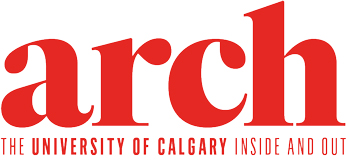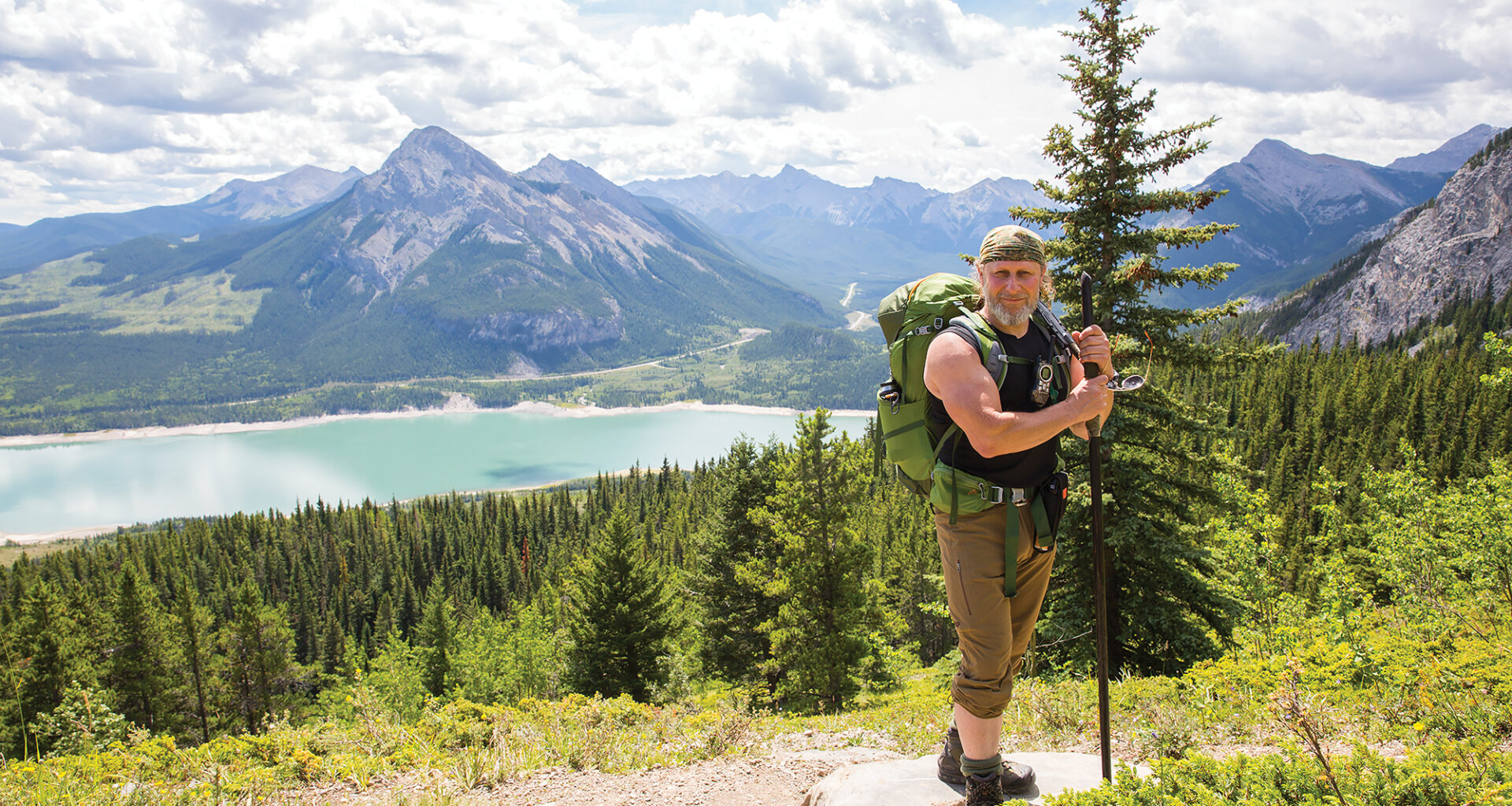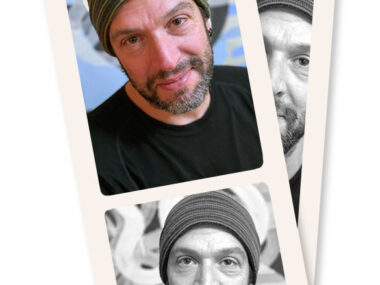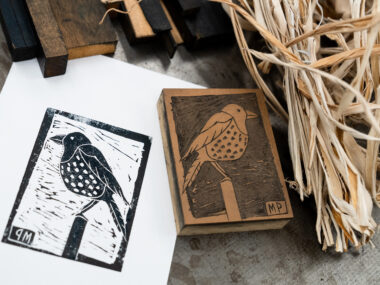“Authentic leadership hinges on the insight that who you are as a person is your most valuable contribution. The more present you can be for yourself, in any given moment, the more able you are to be of service to others.”
Dr. David Lertzman, PhD
Written by Valerie Fortney, BA ’86
He came into my life like a tornado, the human embodiment of life’s possibilities. He was charming, funny, talented and the first non-conformist I’d ever had the good fortune to sit near in homeroom class.
My effusive recollections of how David Lertzman impacted me when both of us were so young may sound hyperbolic. Yet, of all the people I met as a junior high school kid in Winnipeg, Man., it was the irrepressible David who left the most lasting and inspiring impression. The Winnipeg native had spent his elementary school years in the San Francisco Bay area, which gave him a cosmopolitan air — the adolescent version, of course — and likely influenced his dashing sartorial choices. He was the best-dressed kid at Acadia Junior High and one of the most talented. A gifted singer, in time he’d become adept on the drums, mandolin, ukulele, flute and blues harmonica; I would later learn he’d also go on to compose his own songs.
Not surprisingly, I wasn’t the only junior-high kid who adored this charismatic, compassionate teenage boy. In the short time I knew him — I’d soon pack up and join my family on a move to Calgary and quickly lost track of my old friend — David became one of the most popular, best-loved students at our school.
Sometime in 2018, four decades after I’d last seen him, I stumbled across the name Dr. David Lertzman, PhD, in a newspaper article, where it said he was a long-time resident of Waiparous Village west of Cochrane. Could it be the same David Lertzman? I did a quick Internet search and discovered that, indeed, it was him. His photograph on a University of Calgary web page noted he was an assistant professor at the Haskayne School of Business, whose research and work focused on sustainable development and leadership with Indigenous communities.
Taking a chance he might remember me, I reached out to David in the fall of that year. Soon, we were sitting in a lounge on campus, laughing and reminiscing about our youth. David, though, became serious and highly animated when he described the work he was doing. The former boy who I could have imagined performing on Broadway had, instead, devoted his life to building bridges between different segments of society, such as the Indigenous community and the business and energy sector. He was teaching undergraduate and graduate courses on leadership and sustainable development with Indigenous elders. His weeklong wilderness/nature retreat courses in Kananaskis, he promised, could change not only minds, but lives; he later sent me material on it to better understand its scope.
On May 5, 2021, while he was on his twice-daily run near the home he shared with his wife, Sarah, and their two little children in Waiparous, the 59-year-old visionary was attacked and killed by a grizzly bear. David’s death left an entire community devastated, from his family and friends to his students and UCalgary colleagues.
Not surprisingly, this incredible man touched so many lives, both personally and professionally, leaving us with an extraordinary legacy and that is deep, wide and lasting.

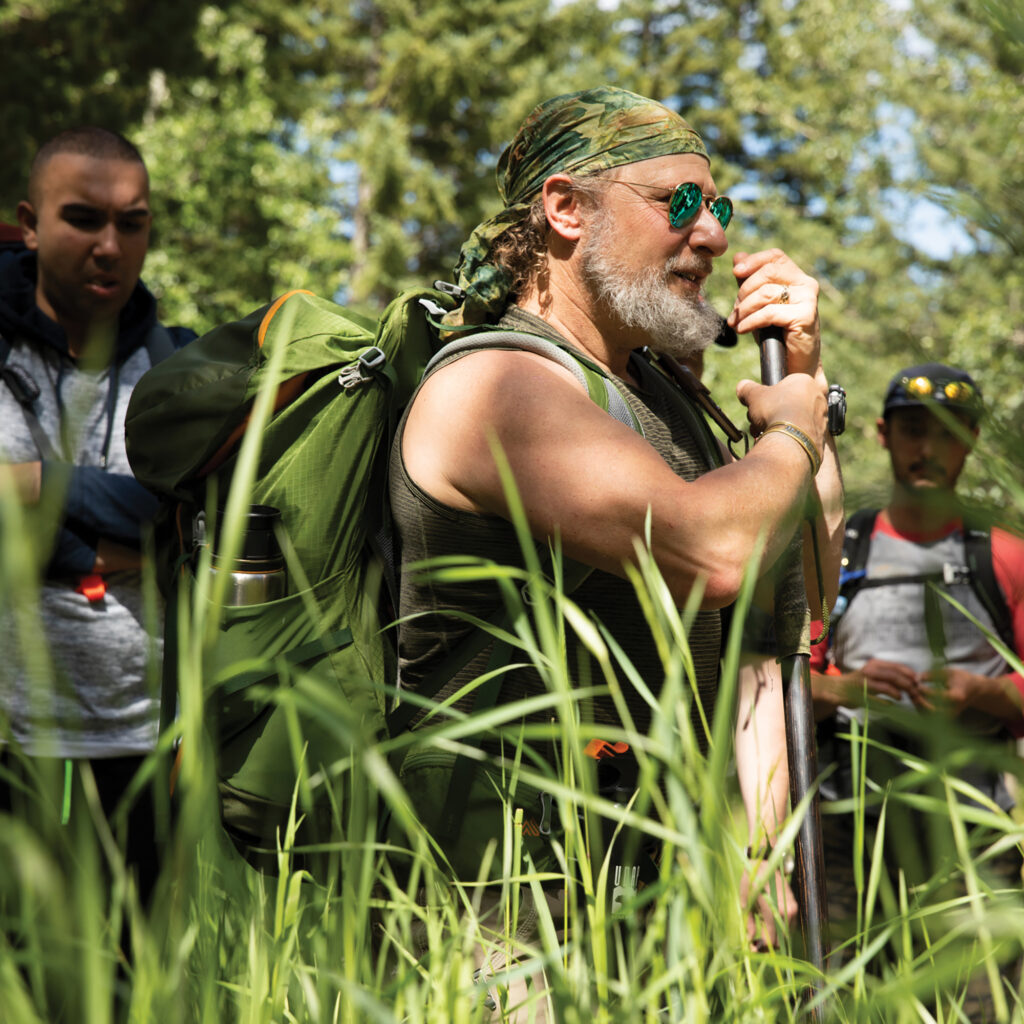
David is remembered as a “beautiful, unique, marvellous human being,” by Dr. Jim Dewald, PhD’06, dean of the Haskayne School of Business. By the time Dewald arrived at the faculty in 2006, David was already there, and he quickly learned about the wilderness training David did. “After meeting some of his students, I was totally sold on what he was doing,” says Dewald. “Many were saying it was nothing less than life-changing and that his course, in fact, made them better at business.”
In those early days, however, it wasn’t all smooth sailing. “Actually, it was really tough for him at first — some saw it as ‘pinstripes-meets-Amazon rainforest activist,’” says Dewald. “A lot of people thought, ‘What is he doing in a business school? He has no business training.’ It took a good decade for many people to see the benefits, so it wasn’t easy for David for a good long time.” Dewald credits his predecessor, former Haskayne dean Dr. Leonard Waverman, PhD, for first spotting the potential for such an education within the confines of an academic environment preparing future business leaders.
Certainly, David had his champions — some of them people who had the power to ensure he could keep doing the work he was so passionate about. In 2016, Hal Kvisle, MBA’82, Hon. LLD’19, a veteran oilman, business leader and member of the Canadian Petroleum Hall of Fame, provided a $3-million endowment to ensure the future of the Haskayne Adventure Leadership Program, which includes the retreat and other courses.
Kvisle knows from personal experience the benefits of the great outdoors and the lessons it teaches. His father, who had a passion for wildlife and conservation, toted him along on summer projects in Alberta’s mountains and foothills while he studied the effects of forest clear-cutting on wildlife habitat. “Sometimes I’d be out with him a week at a time, living in a tent,” says Kvisle, adding that his times there taught him the importance of teamwork. “It’s so important that business schools teach about things like collective group decisions.”
Other influential businesspeople, such as Mac Van Wielingen, Hon. LLD’14, who in 2012 raised nearly $10 million to establish Haskayne’s Canadian Centre for Advanced Leadership in Business, also understood not only the benefits, but the necessity of David’s teachings.
“After the financial market crisis of 2008, I saw a lot of directors and executives in the investment world thinking in a very narrow way,” says Van Wielingen, founder of ARC Financial, the largest energy-focused private-equity firm in the country. “I saw it very much as an ethical issue, so I started a series of conversations with some of the professors at Haskayne about the need to educate around ethical leadership.” A business education, says Van Wielingen, shouldn’t just be about learning how to read spreadsheets and understand variable profit. “We need to think more broadly, such as how we treat people.”
Then-Dean Waverman insisted that Van Wielingen meet one of his trailblazing professors — Dr. David Lertzman. The pair was soon engaged in a meeting-of-the-minds conversation in a boardroom at Van Wielingen’s downtown office. “David pulled out his laptop and began asking me a series of questions,” he recalls. “He became very animated when he realized we were on the same wavelength — he was very excited to hear a corporate leader talk about ethical leadership, the role of business within society.”
Something in particular that interested Van Wielingen also turned out to be a passion of David’s. “One of the common interests we developed was the concept of a ‘roundtable,’” he says. “The idea of a circle of dialogue is something that Indigenous peoples have long embraced. Effective leadership means listening to multiple perspectives and being sensitive to those perspectives.”
For businesses to survive and thrive in the 21st century, such an evolution is not only beneficial, but necessary. “Most businesses eventually underperform and ultimately fail,” says Van Wielingen, who at one time was called “Calgary’s corporate radical” for his progressive thinking. “Ethical leadership increases the probability of sustaining successful organizations.”
Like so many others who had the luck to encounter David, Van Wielingen also formed a strong personal bond with the professor who was as famous on campus for his bandanas and sleeveless T-shirts as he was for his ideas that some saw as radical. “I still feel really hurt and I’m in disbelief that David is gone,” he says.
“David was instrumental in the formation of the Canadian Centre for Advanced Leadership in Business, and it gives me great satisfaction to know that he knew that,” adds Van Wielingen of the beloved instructor who received his PhD in regional planning from the University of British Columbia.
“A lot of people played different roles in its development, but David understood more broadly what the vision was and what we were trying to achieve.”
Kvisle shares Van Wielingen’s enthusiasm about David. “Jim Dewald, Dick Haskayne and Mac really inspired me to make a significant contribution to the program,” he says, adding that UCalgary’s close proximity to the Rockies and other wilderness areas gives it a competitive edge in delivering such programs, adding that meeting David and his colleagues “solidified it for me.”
The roots of David’s unorthodox teachings go back more than a quarter century, to his time working with Indigenous youth in B.C.’s Haida Gwaii as part of the first Rediscovery International team, a movement that, in time, would spread around the world. “It was sort of a reversal of residential schools, getting kids back onto their territories, back with language, place, cultural and artistic expression,” recalls Dr. Julian Norris, PhD’10, who first encountered David there at the start of decades of collaboration and friendship. “The one difference is that it would always have cross-cultural connection,” he adds, with non-Indigenous youth and guides included.
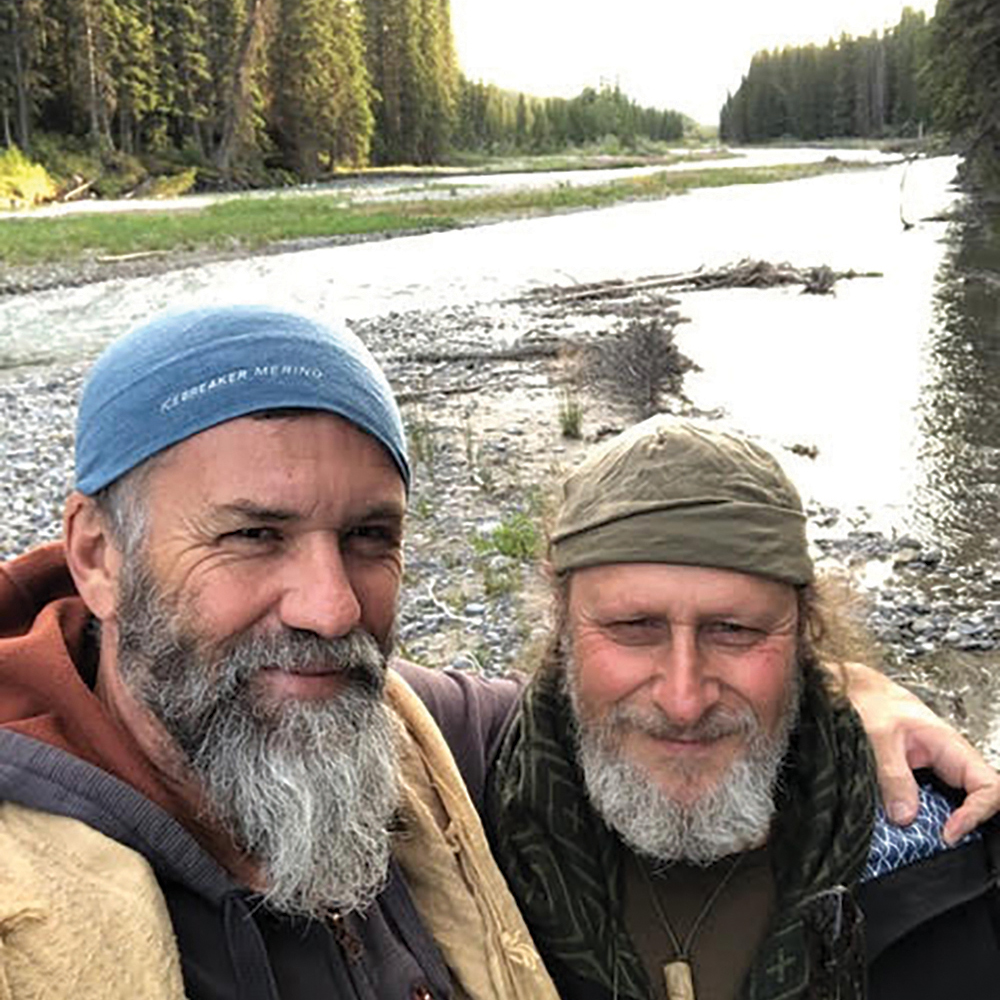
“For 30 years he was my closest friend, my bandmate, my co-guide and professional colleague, my training partner and conversational crony. I had a ringside seat at his triumphs and tragedies and he at mine.”
Dr. Julian Norris, photographed (left) with Dr. David Lertzman
After Haida Gwaii, Norris, who also worked as associate director of Outward Bound Canada, would start up a Rediscovery camp in Calgary called Ghost River Rediscovery, with David joining him in Calgary after Norris completed his PhD. When he came on faculty at UCalgary, David soon embarked on bringing the learnings he had from those experiences and recruited Norris to help him develop a course for an academic mindset. MBA students, while highly successful people, have had little time in their education to look at life’s big picture, says Norris. “Often, they had a view of nature that was very instrumental, like, ‘How many matchboxes can I get from this tree?’” Norris says. “It was about developing a more ‘eco-centric’ perspective.”
Indigenous elders were included as part of those early courses, a tradition that continued into 2021. “They came from sustainable cultures,” Norris says of these indispensable fellow educators. “They understood deep values and had a deep ecological awareness … and they shared generously.”
The goal, adds Norris, was to always frame the work within the notion of sustainable development, asking such questions as, ‘What is sustainable development?’ and, ‘What is one’s role as a leader within that?’
“We were developing leaders for a sustainable world,” Norris says of the interdisciplinary Haskayne Wilderness Retreat program that combines scholarship with real-world experience. As their thinking and the program itself evolved over the years, it became a highly sought-after one. “It went from one small program to three programs,” he notes, with up to 800 MBA students at Haskayne going through what many called a life-changing educational experience.
Along with his wilderness retreat, David also brought Indigenous ways of knowing into his other courses, exploring such issues as how colonialism has shaped everything from treaties to the legal context that underpins oil and gas lease deals. “You cannot have the wisdom without understanding, acknowledging the way that the legacy of erasure and colonialism not only shaped the past, but continues to shape the present,” says Norris. “David took very seriously that we in this generation have not initiated this but have inherited a very long genocide project. And it’s our job and responsibility to step into playing our part. “
Norris remembers students coming to them “knowing 50 jingles from the advertising world, but they couldn’t name a tree. David saw the importance of coming to a deeper relationship with place, a deeper ecological literacy.”

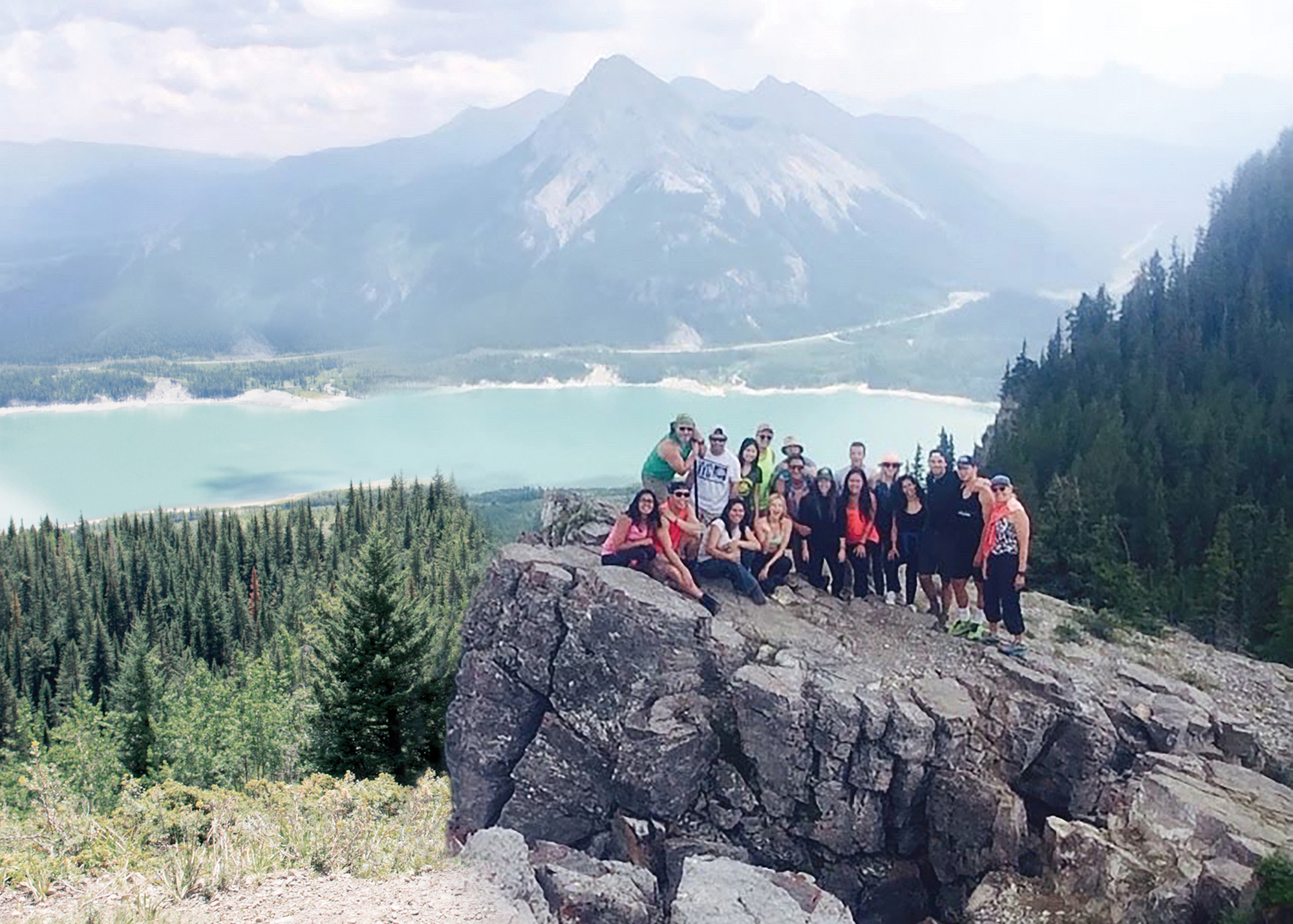
So much of David’s thinking and approach was far ahead of his time and he sometimes paid a price for that, says Norris. “David is someone who should have been a beloved professor in a small liberal arts college,” he says, noting that, decades earlier, David was talking about unfamiliar issues and concepts that are now part of the lexicon.
“Instead, he chose a difficult road, choosing to put his work into the mainstream — because it was where he thought he could have the biggest impact.”
That sentiment is shared by Ryan “Gitz Crazyboy” Derange, GCert’21, a Blackfoot and Dene youth facilitator. “David had belief and hope that this generation would think and act differently than the previous one,” he says, noting the work was an important component of the Truth and Reconciliation movement. “He made time for those he loved, and he made time for those who loathed him,” says Derange, who served as a liaison with Indigenous elders participating in David’s courses and retreats. “I think his understanding and appreciation of how different our worldview is, and how we conduct ourselves, received the ire of some folks at the school.”
David’s champions, though, intend to preserve his legacy and continue his work.
“He cultivated a generation of very smart, very capable leaders who not only understood the realities of the oil and gas industry, but who could also work across boundaries and see things from a different perspective and were on an inner journey and who were kind of getting switched on,” says Norris, who is leading the next several MBA wilderness retreats, with Haskayne sessional instructor Dr. Sarah Brown, PhD’21, another long-time collaborator with David, taking on the undergraduate retreats.
“He was a pioneer in so many ways,” says Dewald, adding that David’s work was an integral part of UCalgary’s Indigenous Strategy, ii’ taa’poh’to’p, and a big part of why the university has been lauded for its efforts towards sustainability. “He showed us how important it was to have this kind of understanding, not only for future business leaders, but all of us.”
Indeed, in his all-too short, but meaningful life, David Lertzman touched so many, leaving a legacy of understanding and humanity that will continue to shape our leaders and our city with heart, wisdom and resilience.
Retreat, Reimagine, Repeat
For alumna Juli Rohl, a week in the woods with the late Dr. David Lertzman was (and still is) a mind-shifter that has made her more compassionate, courageous and nimble in everything she does
In striving to be “the best geologist (I) could be,” Juli Rohl decided to follow her Bachelor of Science with an MBA. In 2008, she found herself at the Haskayne School of Business, where she met Dr. David Lertzman, PhD — an educator who would not only change her way of thinking, but her entire life.
“I hadn’t learned anything about accounting and economics in my first degree, so I found all of that fascinating,” says Rohl, BSc’05, MBA’11. “But what really grabbed my interest was this course other students were calling ‘camping for credit.’”
Familiar with the field school approach while doing her geology degree, Rohl didn’t have the same skeptical reaction as some of her peers. “Endure rugged terrain and extreme conditions? Sleep outside with nothing but a tarp and a sleeping bag? That was definitely for me,” says Rohl, who is just one of hundreds of alumni who, like her, work in the kind of resources industries where decisions are regularly made that impact the land and society. “It turned out to be nothing short of transformative; it opened up my eyes to a world I wanted to participate in.”
Before heading into the woods with the Lertzman-led Haskayne Wilderness Retreat (BSEN 749), Rohl had to devour an “enormous” booklet of academic readings on sustainability and business. Once at the weeklong retreat in Kananaskis that included instruction from Indigenous elders, she was treated to a program that, she says, “weaves academic learnings of sustainability theory with Indigenous world views — a melding of science with Indigenous culture.” Students are limited in what they can bring beyond a change of clothing, drinking water, sleeping bag, tarp and cord, matches, and a journal for writing their thoughts. Anything that tells time — like a watch, laptop or cellphone — is forbidden.
The experience includes guided walks through the forest, learning such basic outdoor skills as how to build and start a fire, and some physical challenges that include climbing up to Prairie View Lookout, a 6.6 kilometre hike with an elevation of more than 400 metres.
At one point, participants are sent out on a solo 24 hours in the forest with no food and only water, a tarp and a rope — what Rohl calls a “kind of vision quest,” embarked upon after a sweat lodge ceremony led by an Indigenous elder.
“The students are supported in going as far away, or as staying as close to camp, as they feel comfortable with, to push their personal boundaries,” says Rohl. “And, when all that is done, you have to write a paper on your experiences and what you learned.”
For Rohl, who doesn’t like to reveal everything about what goes on during the retreat — “enough secret sauce to dip your toes in,” she says, since discovery is elemental to the experience — the revelations she had changed her perspective on both business and life.
She was so impacted, she returned three more times as a volunteer for the program. “I found David’s use of experiential, independent self-study highly effective to reach students,” she says. “He was a master of creating an inviting and compassionate environment for authentic learning and self-exploration.”
Rohl is not the only one who has been transformed by the course, which has become a legacy for Lertzman, who died in May 2021.
“Every couple of years, we’d see other students come back and say they wanted to continue the learning they’d started at it,” Rohl says of the retreats which currently are led by Dr. Julian Norris, PhD’10 (MBA students), and Dr. Sarah Brown, PhD’21 (undergrads). “Some people didn’t have that experience and that’s OK too, but there are so many who said it made them look at things differently and impacted how they approached business.”
Today, Rohl works for a non-profit called Energy Futures Lab, which focuses on collaboration to find middle ground solutions to help move energy transition forward. “It bridges oil and gas, clean tech and different levels of government and academia to find solutions people can buy into and that we can implement,” she says.
“The wilderness retreat shifted so many things for me — it reframed my western views of the world and it set me on the path to where I am today. I believe that, by applying this long-term view into today’s decisions, I’m changing the world for the better.”
